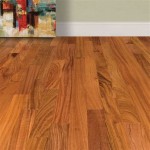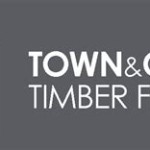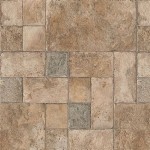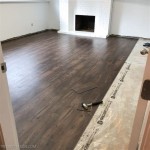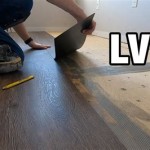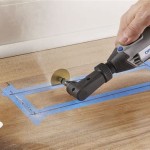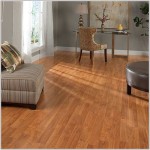Types of Floating Vinyl Plank Flooring: A Comprehensive Guide
Floating vinyl plank flooring, a versatile and durable alternative to traditional hardwood, has gained immense popularity in recent years. Its ease of installation and maintenance, combined with a wide range of styles and textures, make it an ideal choice for various residential and commercial spaces. Understanding the different types of floating vinyl plank flooring will help you make an informed decision when selecting the perfect flooring for your needs.
1. SPC (Stone Plastic Composite)
SPC is an advanced type of floating vinyl plank flooring that combines the durability and water resistance of stone with the comfort and warmth of vinyl. Its rigid core construction, made from a blend of limestone, polyvinyl chloride (PVC), and other additives, provides excellent stability and dimensional stability, making it suitable for areas with heavy foot traffic and moisture exposure. SPC flooring is 100% waterproof, making it an ideal choice for kitchens, bathrooms, and basements.
2. WPC (Wood Plastic Composite)
WPC core flooring combines the natural look and feel of wood with the durability and water resistance of vinyl. Its core is made from a blend of wood fibers and PVC, providing a more flexible and resilient flooring option. WPC flooring is water-resistant but not waterproof, so it may not be suitable for areas with excessive moisture exposure. However, it is an excellent choice for general residential use, offering a warm and comfortable underfoot experience.
3. Hybrid Flooring
Hybrid flooring is a combination of SPC and WPC flooring, offering the best of both worlds. Its core is made from a blend of stone and wood fibers, resulting in a flooring option that is both highly durable and water-resistant. Hybrid flooring is also dimensionally stable and can withstand temperature fluctuations, making it suitable for various climates and environments.
4. Loose-Lay Vinyl Plank Flooring
Loose-lay vinyl plank flooring is a quick and easy-to-install flooring option that does not require any adhesive or underlayment. The planks have a click-lock system that allows them to be simply laid together, creating a floating floor over the existing subfloor. Loose-lay flooring is ideal for temporary installations, rental properties, or areas where a permanent flooring solution is not desired.
5. Glue-Down Vinyl Plank Flooring
Glue-down vinyl plank flooring requires adhesive to be installed, providing a more permanent flooring solution. The adhesive is applied to the subfloor, and the planks are then installed one at a time. Glue-down flooring offers increased stability and durability compared to loose-lay options, but it is more challenging to install and may not be suitable for all subfloors.

Types Of Vinyl Flooring Explained Twenty Oak

Lvp Wpc Your Guide To Luxury Vinyl Types Flohr

Types Of Vinyl Flooring The Home Depot

The Complete Guide To Luxury Vinyl Flooring

Best Vinyl Plank Flooring Brands In 2024 Forbes Home

Vinyl Plank Flooring Guide

Vinyl Vs Laminate Flooring Pros Cons And Differences Forbes Home

A Beginner S Guide To Installing Vinyl Plank Flooring Dumpsters Com

Advantages And Drawbacks Of Luxury Vinyl Types Douglas Residential Renovations

How Thick Is Vinyl Plank Flooring Thickness Guide Reallyfloors America S Est Hardwood
Related Posts

